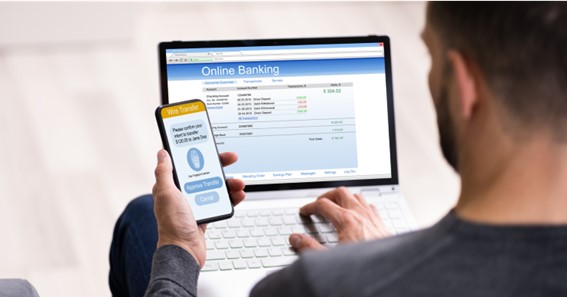How to Create a Small Business Cyber Security Plan
Cyber Security is one of the most crucial aspects of running a business that business owners need to pay attention to.
Cyber Security is sad, a growing threat to small businesses. As a result, it is imperative that a business owner takes the correct steps to protect their business as much as possible.
But what exactly does one do?
We’ve put together this small business cybersecurity plan to help you prepare before it’s too late!
For Comparison of Malwarebytes vs avast Visit here
Click here – 5 Tips To Become The Center of Attention Quickly
The Guide for a Small Business Cyber Security Plan
As your business grows, it will likely face an increased threat to its security. You need to make sure you prepare beforehand.
Here’s what you need to do:
- Learn from the Experts
The first thing you should do is seek advice from Cyber Security experts. Whether its the YouTube Channel The Hated One or learning from the NSA director of Cyber Security Anne Neuberger, you’ll learn tips from them on how to secure your business.
If there’s ever an issue you’re concerned about – whether its protecting mobile devices, webcams, email being compromised, etc., your first action should be to see what cyber security experts advise on.
- Use Strong Passwords
SSL security should be a part of cyber security plan for a small business. Hackers always target small businesses as they keep minimal security. SSL boosts website security with a strong encryption and secures the data between the server and the browser. Each website has different requirement for example, a business with multiple subdomains need a cheap wildcard SSL that is a cost saving certificate comes with robust algorithm. SSL certificate establishes the identity of a business along with providing data integrity.
You need to emphasize to your staff on the importance of using strong passwords to protect their computers and an internet account.
A password should never contain common words or phrases. It should also contain at least ten characters if permitted. It should also contain a mix of uppercase and lowercase letters. Using numbers and special characters are also advised.
If the computer or internet account has the option for multi-factor authentication then this should also be activated.
Click here – Top 11 Reasons Why RV Camping Is Better for Vacation
- Backing up Data
You must always have backups of your company’s data and files. This way, if your computers are hacked, you will always be able to recover these data and files.
You should encourage your staff to perform a weekly backup of all their files. These files can be kept on external hard drives, a public network drive, and cloud storage.
If possible, you should also password-protect your data/files that have been backed up.
- Using the Right Software
It’s important to use the right software to fight against malware and viruses. This is where seeking advice from the experts can come in handy.
Malware is software designed to damage a computer and compromise data. Make sure that all software is carefully researched before installing it on a computer.
Viruses also can damage the computer and are often acquired from internet downloads. These make it easy for cybercriminals to access your computer network and your data/files.
- Secure Internet
Make sure you always use a secure internet connection. You should opt for an internet provider that provides a fast and reliable internet connection.
Your WiFi access should always be password protected and only your staff should know the password. Ideally, you should change the password every month.
You can also limit session lengths, so when your business closes you can turn off access to the internet.
Keep Your Business Safe
Now that you know how the small business cyber security plan, you are better equipped to protect your business. We encourage you to share this guide with your team so that they make the right decisions to protect the business.
Be sure to read more great content on business and technology.







